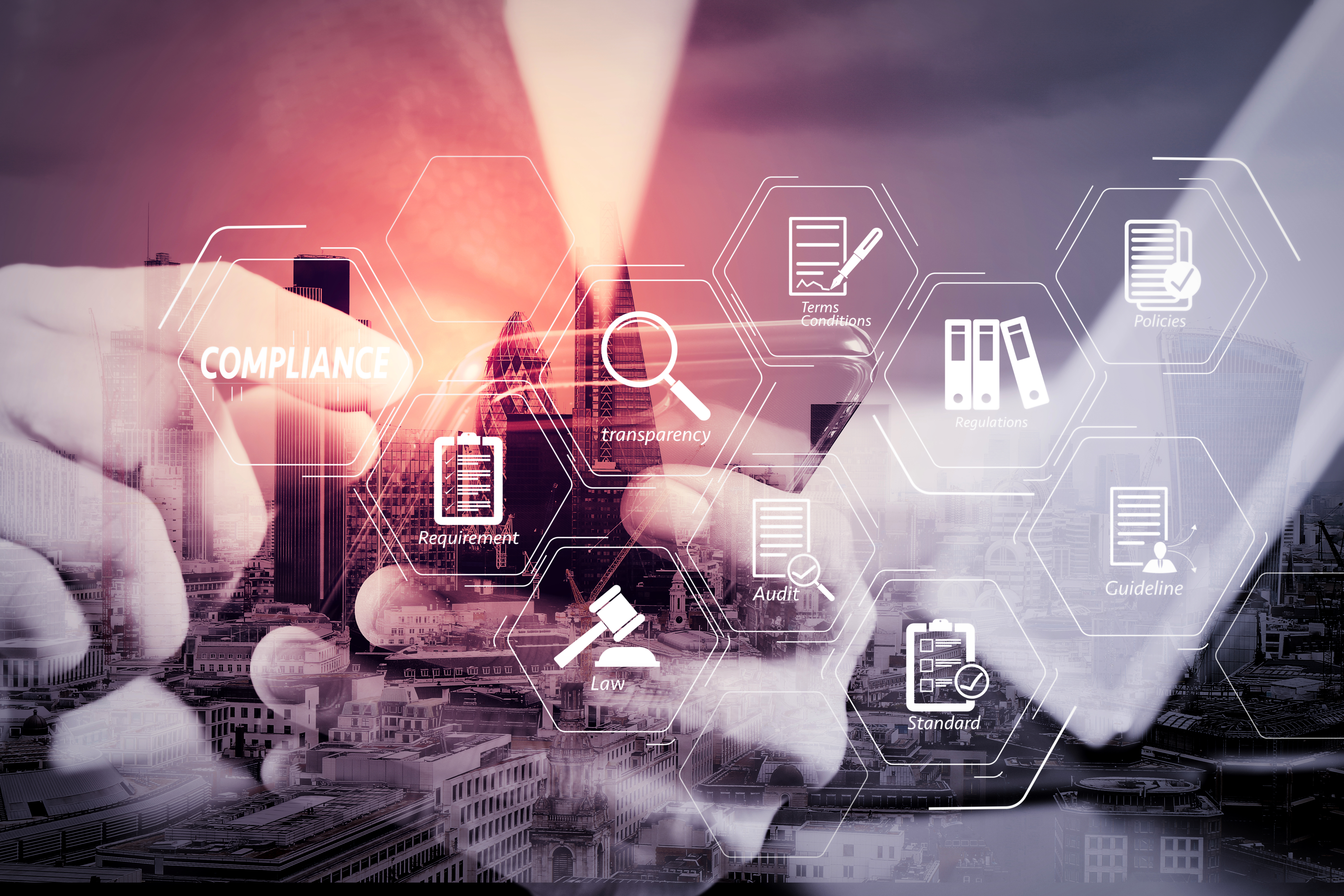How celebrating governments' successes can lead to a better world
November 7, 2023

When we talk about digital, it's easy to focus on the latest innovations. Attention is always directed at the newest billion-dollar valuation, or how blockchain is trying to change the world. However, we are getting better at focusing on the citizens served by technological solutions, including through approaches such as human-centred design. But one group is often forgotten about; the civil servants and public officials creating the digital public services that are transforming our economies, societies, and countries. Despite challenges of uncertainty and polycrisis, governments – and their teams – are innovating and delivering.
There are 80 'GovTech' entities around the world – and it’s likely that there are many more teams working on digital within governments. Information and Communication Technology spending can also represent a sizeable portion of many governments’ budgets. The innovators within these statistics are improving lives and livelihoods: making things easier for citizens and residents and improving the public’s interactions with government. But much of this work is happening behind the scenes, and we only hear about these hardworking public servants when things go wrong.
With this in mind, UNDP, in collaboration with the digital transformation consultancy, Public Digital, and the Amazon Web Services Institute, has launched this year’s Future of Government Awards to commend public sector talent. We want to find, champion, and celebrate the individuals, teams, and organizations leading digital efforts in the public sector and showcase how their work is having a positive impact in their communities, and cities, and countries.
We need to celebrate success
‘Celebration’ isn’t something we instinctively think of when we talk about digital, or government. Celebrations don’t feature in key performance indicators or project trackers, and a culture of agile digital development can often encourage an ‘on-to-the-next’ mentality. But celebration is a key part of building teams and organizations, and it can improve how we deliver. Success is also even greater when shared with others. The Future of Government Awards is celebrating four categories of public sector innovation. We want to provide this global digital talent with the opportunity to survey their journey – and encourage them to achieve even bigger things. And celebration is key to this broader direction. As highlighted by the writer, Whitney Johnson, ‘we don’t just celebrate the win; we celebrate to win’.
The Digital Advocate of the Year Award recognizes individuals or teams within government who have successfully championed digital transformation. Our winner last year was His Excellency Mykhailo Albertovych Fedorov, Vice Prime Minister of Ukraine and Minister of Digital Transformation. Beyond his focus on creating ‘the state in the smartphone’ – recognizing that many Ukrainian citizens increasingly engage with the government via mobile devices - his leadership has also highlighted the importance of strong digital foundations and processes in responding to unprecedented crises.
Building open-source products and services – solutions where the code is freely available - can have enormous value in improving the citizen experience and strengthening and building skills within government. The Open-Source Creation of the Year Award celebrates government organizations developing open-source solutions. Whilst the Open-Source Adaptation of the Year Award honours those who have made important strides in reusing open-source solutions. This category aims to highlight that a lot of useful and relevant solutions don't always need to be built from scratch. There are many components, products, and initiatives that can be leveraged, refined, and adapted. UNDP has particularly recognized this in our own work, including through our efforts to collate key digital tools and solutions through our Digital X catalogue and the Digital Public Goods registry – and how our country offices are supporting governments in exploring open-source approaches.
Finally, and a new addition for this year, the Leadership Award acknowledges that teams can only achieve success and create meaningful difference if they have the space to explore and learn, fail then iterate, and focus on what matters most. This award will celebrate a leader who has enabled a team or organization to make a real and positive change to people’s lives.
Nominate individuals, teams, departments, and organizations here! The deadline is 14th December 2023.
When public servants do well, we all do well
There are many important interventions needed to catalyze our digital public sectors. We need to cultivate a culture where experimentation and learning from failure are part of the development process. We need to build digital skills as currently, just over half of all governments have a programme to improve digital or data literacy in the public sector. And we need to be supporting and enabling public sector digital leaders.
But we also need to be sharing, learning, and working with each other. All governments are on a digital transformation journey - over 150 countries have a national digital strategy - and not a single government has figured all of this out. A key part of this journey is identifying and celebrating success. It allows us to understand what works and what doesn't but also, particularly in the context of open-source, lets us build on and adapt what has been proven elsewhere. It can accelerate our success and deepen our impact.
Better digital government benefits everyone. We get more effective and more efficient services. We have more useful and impactful interactions with and beyond government. And we see powerful multiplier effects that lead to even better things. Citizens who are satisfied with a public service are nine times more likely to trust their governments than those who are not. We also know that digital transformation cannot happen with government alone, and that it requires a truly whole-of-society effort. But governments are key drivers, catalysts, and enablers. And we need to recognize and celebrate their great and important work.

 Locations
Locations
